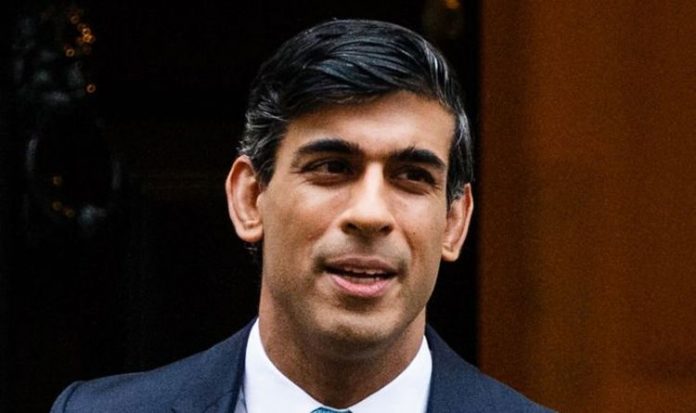Britain’s public finances have taken a huge coronavirus hit with national debt now being larger than the whole UK economy. The Chancellor faces an enormous challenge to reduce debt while repairing the damage caused by Britain’s worst recession in 300 years.
Former Tory Chancellor Lord Ken Clarke, formerly a prominent Remain supporter, has suggested Mr Sunak should consider tax rises.
He said Britain’s enormous debt is only sustainable because of ultra-low interest rates and warned of a “financial crisis” if these increase.
The current UK interest rate is at the ultra-low level of 0.1 percent.
As a result he suggested the Government must take action to stop “more debt piling up”.
Specifically Lord Clarke told Mr Sunak he “must look at” increases to income tax, VAT and national insurance.
Increasing any of these would risk breaking the Conservative Party’s December 2019 election manifesto.
The Government dramatically increased spending from the first coronavirus lockdown last March with support for businesses and furlough payments to protect jobs.
However this pushed the UK’s national debt to over £2.02trillion, a figure bigger than the entire British economy.
READ MORE: Keir Starmer risks Labour revolt after MPs “blindsided”
In 2020 the UK economy shrank by 9.9 percent as the coronavirus struck.
This was the worst annual fall since the Great Frost of 1709.
However there are hopes of high growth when lockdown is lifted due to the amount of savings many households have accrued.
According to a report in The Guardian Wednesday will also see a new mortgage guarantee scheme for first time buyers.
The Government will reportedly give mortgage lenders the guarantees they need to grant mortgages with deposits as low as five percent.
On Monday Boris Johnson announced a plan to end England’s national lockdown in a number of stages.
This could see all social contact limits lifted by June 21 if the necessary conditions are met.
Schools will reopen for all pupils on March 8 followed by outside hospitality and non-essential retail on April 12.
The plan is based on the success of Britain’s vaccine programme with more than 27 percent of the adult population having received a jab.
This is significantly higher than the EU figure where rollout has been much more sluggish.







